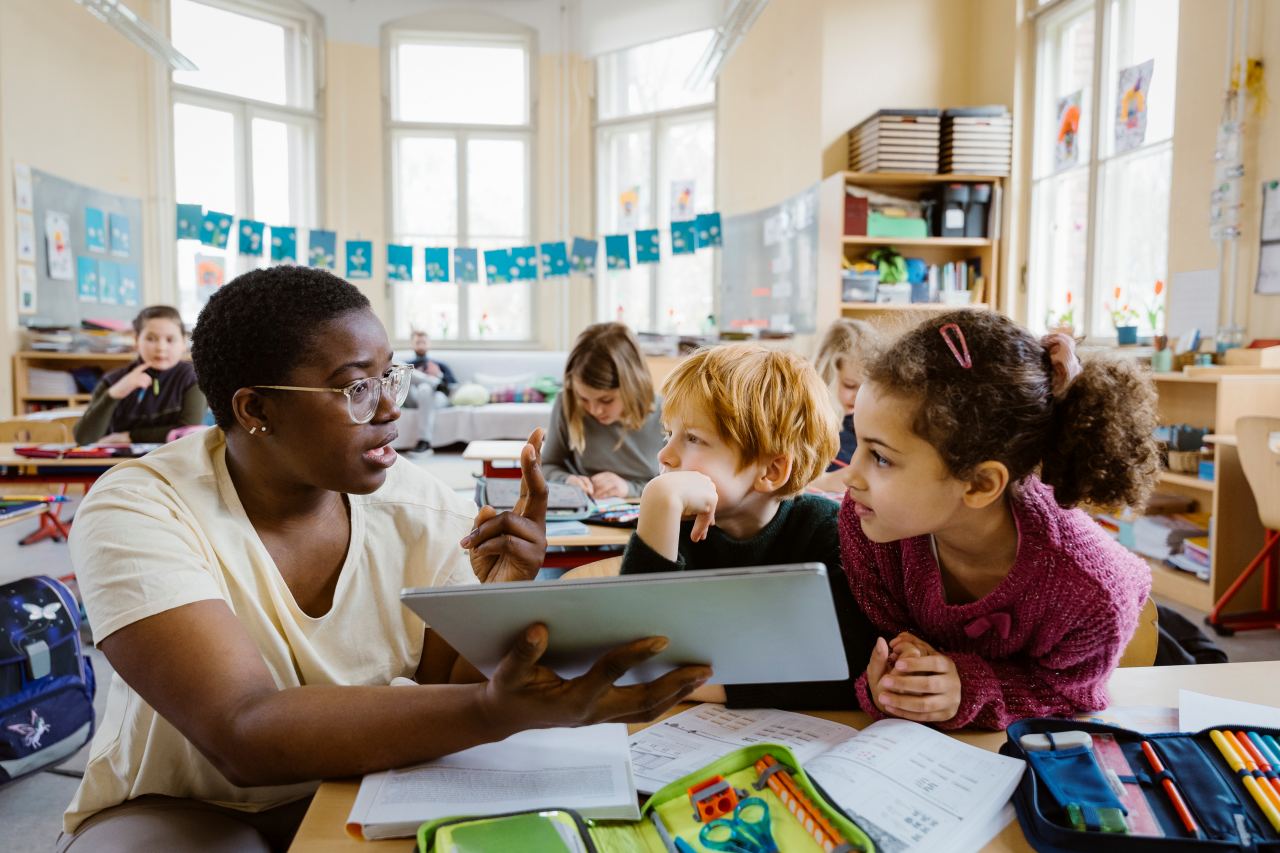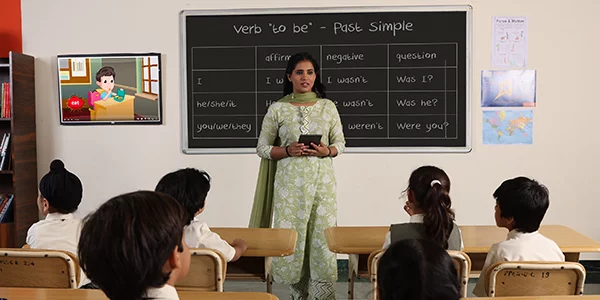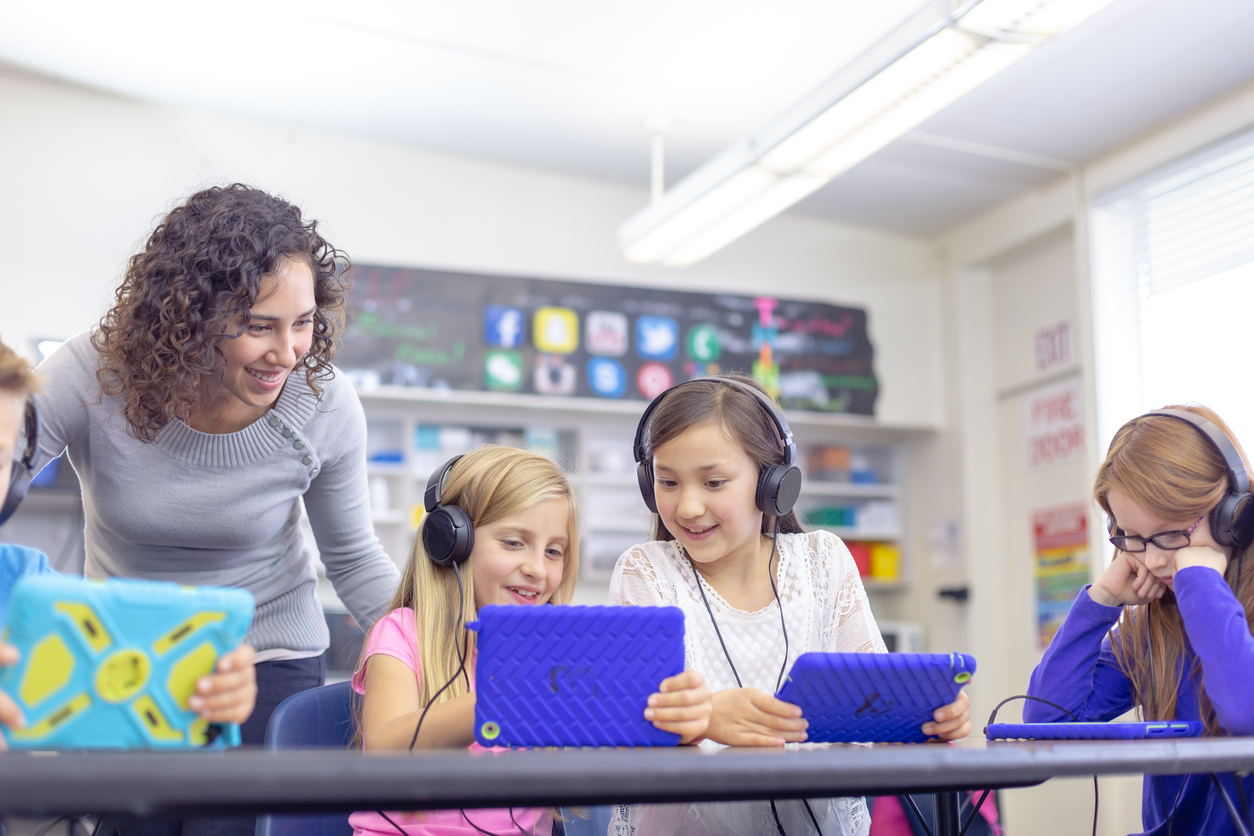Effective Primary Science Tuition Singapore for Better Exam Results
Effective Primary Science Tuition Singapore for Better Exam Results
Blog Article
Discovering the Various Training Strategies in Key Science Education And Learning Today
Inquiry-based learning, hands-on experiments, and the integration of innovation are redefining exactly how teachers involve young minds. Furthermore, joint approaches and separated guideline are being used to provide to the varied requirements of trainees, enhancing both engagement and understanding.
Inquiry-Based Knowing
Inquiry-Based Knowing (IBL) is a pedagogical approach that encourages pupils to discover clinical ideas with doubting, investigation, and hands-on trial and error. This approach emphasizes the function of trainees as energetic participants in their knowing, advertising important thinking and analytical abilities. By engaging with real-world inquiries, pupils come to be interested and inspired, which improves their understanding of clinical principles.
In IBL, instructors function as facilitators, assisting trainees as they browse their questions instead than providing details directly. This student-centered approach enables distinction, suiting numerous learning styles and speeds. Trainees develop skills in creating theories, creating experiments, and analyzing information, which are important for scientific literacy.
Furthermore, IBL promotes cooperation amongst pupils, motivating them to share ideas and findings. This cumulative questions promotes social abilities and a sense of neighborhood within the classroom. Additionally, the procedure of query encourages resilience, as pupils discover to accept failure as a stepping stone towards understanding.
Hands-On Experiments
Hands-on experiments are an important component of reliable scientific research education and learning, enhancing the principles of inquiry-based knowing. These experiments enable students to involve straight with scientific principles, fostering a much deeper understanding via experiential understanding. By adjusting materials and observing outcomes, young learners can grasp abstract concepts in substantial methods.
Such tasks promote essential thinking and analytic abilities, as students assume end results, conduct experiments, and analyze results. This process motivates them to ask concerns, improve their understanding, and develop a scientific frame of mind. Furthermore, hands-on experiments can be tailored to diverse discovering styles, making sure that all students have the opportunity to involve meaningfully with the content.
In addition, hands-on experiments frequently urge collaboration amongst peers, promoting teamwork and interaction abilities. Operating in groups makes it possible for students to share concepts, go over findings, and pick up from one another, which boosts their general educational experience.
Including hands-on experiments into the primary scientific research educational program not only improves the learning environment however additionally grows a long-lasting interest in scientific research. By proactively taking part in their education and learning, students are more probable to develop an interest for clinical query that prolongs beyond the class.

Modern Technology Integration
Incorporating innovation right into key scientific research education and learning has actually come to be significantly important in promoting pupil involvement and boosting learning outcomes. Using digital devices, such as interactive simulations, digital labs, and instructional software application, offers trainees with chances to check out scientific ideas in cutting-edge means. These sources facilitate a much deeper understanding of intricate topics by permitting students to picture and manipulate variables that would be not practical in a typical class setup.
Furthermore, innovation combination motivates customized discovering experiences. Students can advance at their very own speed, reviewing difficult ideas through multimedia resources, which satisfy different understanding designs. This flexibility not only sustains specific development but also cultivates a sense of freedom in learners.
Additionally, innovation serves as a bridge to real-world science, attaching students with existing research and professional payments. Accessibility to online data sources and clinical journals expands pupils' perspectives on scientific questions and promotes vital thinking abilities.
Collaborative Knowing
Joint knowing plays a vital duty in main science education and learning by promoting synergy and interaction skills amongst trainees. This method motivates students to collaborate, share knowledge, and participate in analytic, which improves their understanding of clinical concepts. By taking part in group tasks, trainees learn to verbalize their ideas, pay attention to varied perspectives, and discuss remedies, every one of which are essential browse around this site skills in both academic and real-world contexts.

Research study suggests that collaborative knowing can lead to raised motivation and interaction in science topics, as trainees discover satisfaction in common experiences (primary science tuition Singapore). Furthermore, this method prepares students for future collective undertakings, equipping them with the abilities essential for reliable synergy in higher education and expert environments. Eventually, accepting collaborative knowing in key scientific research education and learning can considerably improve the learning experience and advertise a much deeper understanding of scientific inquiry
Set Apart Instruction

Differentiated direction can manifest in numerous means, such as differing the material, processes, or items of understanding. For circumstances, teachers might utilize tiered jobs that offer varying levels of intricacy, allowing students to operate at their corresponding readiness levels. Additionally, adaptable organizing methods can facilitate cooperation amongst trainees with different abilities, cultivating peer understanding.
Assessment plays a vital duty in this method, as it informs instruction and assists instructors recognize each pupil's special demands. Developmental evaluations, such as tests and observations, can guide teachers in adjusting their techniques to improve learning outcomes. primary science tuition Singapore. Ultimately, by executing distinguished instruction in main scientific research education, educators can grow a much more effective and fair my website learning setting, encouraging all pupils to reach their complete capacity in recognizing scientific sensations
Verdict
In recap, the diverse training methods in main science education, consisting of inquiry-based understanding, hands-on experiments, modern technology integration, joint understanding, and distinguished guideline, jointly add to a much more reliable knowing environment. These methods advertise important thinking, problem-solving abilities, and a much deeper comprehension of clinical ideas. By implementing these approaches, teachers can develop appealing and supportive classrooms that deal with the different demands of pupils, eventually fostering a lifelong passion in scientific research and improving academic achievement.
Inquiry-Based Knowing (IBL) is a pedagogical approach that motivates trainees to explore clinical principles via doubting, examination, and hands-on testing.Joint knowing plays an essential role in main scientific research education by Find Out More cultivating teamwork and communication abilities amongst trainees.Study suggests that collective understanding can lead to enhanced inspiration and involvement in science subjects, as pupils find pleasure in common experiences.In fostering an inclusive understanding environment, differentiated instruction emerges as a vital strategy to accommodate the varied needs and capabilities of trainees in key scientific research education. Eventually, by implementing distinguished direction in main scientific research education and learning, teachers can cultivate a much more reliable and fair knowing setting, empowering all trainees to reach their complete possibility in understanding scientific sensations.
Report this page